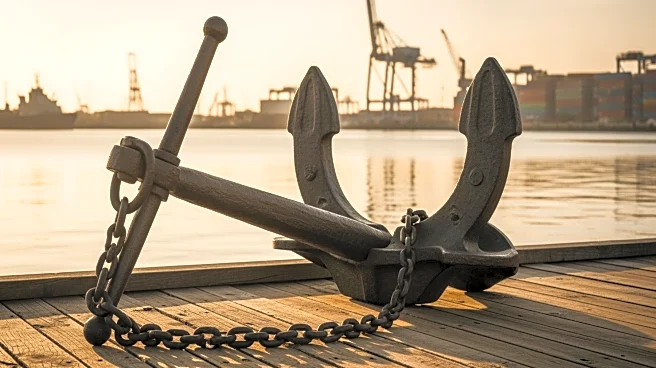Rapid Read • 7 min read
Since Russia's suspension from the Arctic Council in 2022, the geopolitical dynamics in the Arctic region have shifted significantly. The Arctic Council, which includes countries like Canada, the US, and Russia, was primarily focused on climate research. However, Russia's suspension has pushed the council into a more strategic role. Canada is being urged to accelerate its Arctic Foreign Policy strategy, emphasizing economic and national security through investments in deep water ports and military presence. Russia's economy heavily relies on the Arctic, generating substantial oil and gas revenues, and has shifted its focus to strategic cooperation with China.
AD
The Arctic region is becoming increasingly important for global security and economic interests. Canada's accelerated policy could strengthen its position as a key player, ensuring economic security and regional stability. The shift in focus from environmental protection to strategic interests reflects the growing geopolitical tensions. Russia's collaboration with China and its military presence in the Arctic pose challenges to NATO and other Arctic Council members. The region's resources are crucial for energy security, and Canada's actions could influence future international relations and economic policies.
Canada's next steps may involve increased investments in infrastructure and military capabilities in the Arctic. The geopolitical landscape could see further shifts as countries vie for influence and control over the region's resources. The Arctic Council's role may evolve, potentially leading to new alliances or conflicts. Stakeholders, including indigenous groups and international organizations, will likely play a role in shaping the future of Arctic policies.
The ethical implications of increased military presence and resource exploitation in the Arctic are significant. Indigenous communities may face challenges as geopolitical interests overshadow environmental and cultural concerns. Long-term shifts in climate policies and international relations could arise from these developments.
AD
More Stories You Might Enjoy












